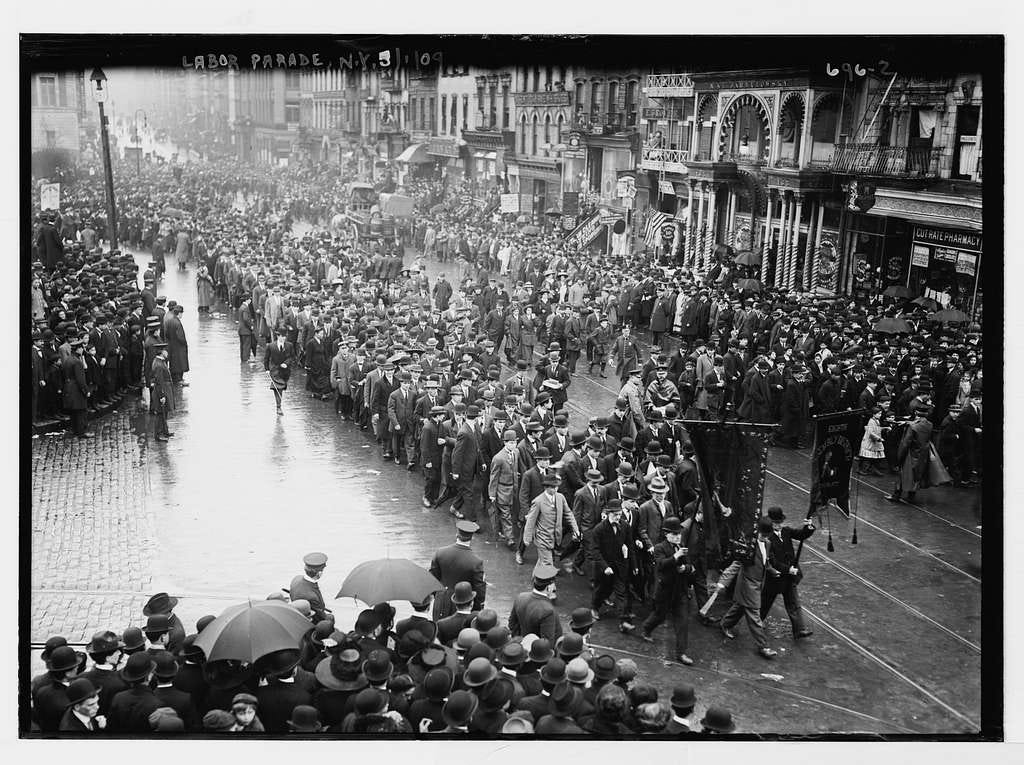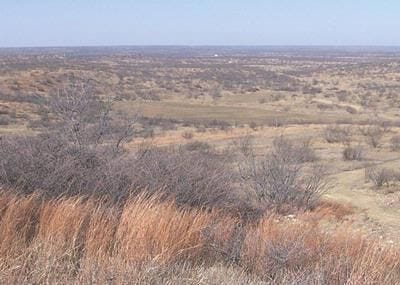Cleveland, Labor Day and The Texas Seed Bill
Labor Day is fast approaching. This national holiday was signed into law by President Grover Cleveland in 1894. Labor unions had agitated for a day to celebrate organized labor since the first Labor Day parade was held on the first Monday in NYC in September, 1882.
It is one of those weird moments in America that Cleveland was the President who signed Labor Day into law. These days Cleveland is seen as the last true conservative. He was the most vetoing President the United States has ever had. He vetoed hundreds of pension disability bills for disabled veterans and widows that were presented to him by Congress.
So, PHIT readers, here is the Texas connection that earned Cleveland his recent designation as the last true conservative President, the last one that truly believed in laissez-faire government. Cleveland vetoed the Texas Seed Bill in 1887. There had been a terrible drought in Texas in 1885 and 86. Actually the dry spell continued until the 1894. Farmers had been sold the land by railroads, who, themselves, had been subsidized with lots of free land to build their railroads. The railroads, when offering the land for sale to pioneers, might have exaggerated the amount of rainfall in the area.
Despite a failed crop in 1885, the farmers had kept their seed corn safe, but when planted in 1886, the drought wiped that out as well. There was no money and no seed. Claiming it was a natural disaster, Congressman Lanham of Texas had asked the House of Representatives for $50,000 for seed. Congress had voted $10,000. Congress often provided federal money for disasters such as storms or earthquakes or floods
Cleveland was not impressed with the drought, and suggested that the congressman give the farmers the seed out of their own personal accounts—the Department of Agriculture allocated $100k annually for Congressmen to distribute free seeds to constituents.
Cleveland further announced that it wasn’t the business of government to be helping out farmers by giving them free seeds. “Though the people support the government,” Cleveland said, “the government should not support the people.”
A bit harsh, to say the least. It was in that Central Texas farming area, that was dismissed as not worthy of a few seeds, that the roots of Texas Populism sprang up.
So not vetoing the bill for a national Labor Day holiday seemed a bit counter-intuitive for Cleveland, since private money would be lost due to the work time involved.
But…. Cleveland had just recently sent in the U.S. Army to help squash the Pullman strike in 1894. I suppose Cleveland justified the government expenditure for that little adventure by claiming the government wasn’t supporting people, it was supporting corporations. Workers died in that confrontation. And Cleveland was worried about the possibility of even more violence. So, as a consolation prize, we have a national holiday on the first Monday in September.
We should definitely celebrate it.
The Grange, Farmers' Alliance, Populist party, and Nonpartisan League contained at their core the belief that farmers as individuals could not solve their own problems and that political action was needed to persuade the government to change existing economic arrangements. The populist party sprang out of the north central Texas area. That culture lasted. Hightower grew up and absorbed that sense. As our readers know, we have been tracking that particular strand and the TDA
To honor Labor Day, we have been mining some of our PHIT archives to focus on some of the oral labor histories that we have collected over the decades. We will be offering some choice examples over the next few weeks.





